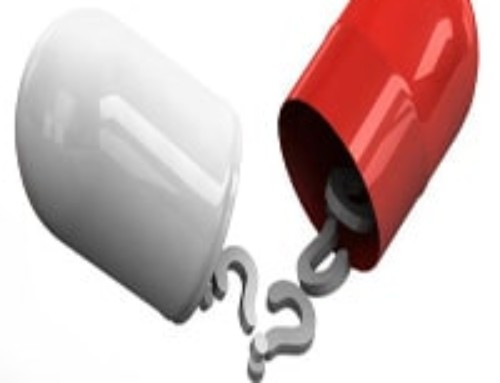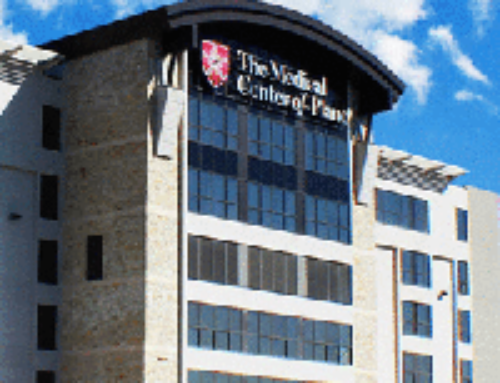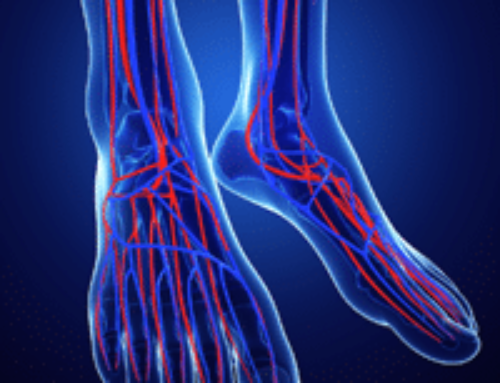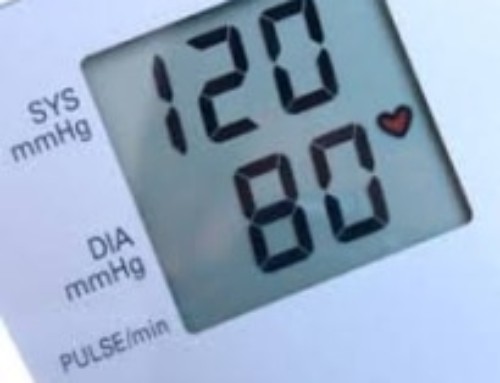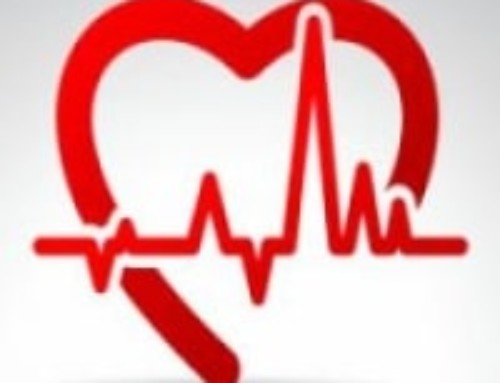A cardiologist is a doctor who specializes in preventing, diagnosing and treating disorders of the heart.
The training required to become a cardiologist is quite rigorous. Students are required to complete four years of undergraduate school, four years of medical school, three years of residency, three years of a fellowship and two additional years if one wants to become an interventional cardiologist. In total, it takes fourteen to sixteen years to become a certified and board-approved cardiologist. After completing the necessary education and training, students are required to complete a difficult exam given by the American Board of Medicine that is taken over two days.
Dr. Mordecai Noah Klein, recently voted Cardiologist of the Year by the hospital staff at The Medical Center of Plano, began practicing cardiology in 1991 and is a Fellow of the American College of Cardiology.
What Qualifications are Needed to Become a Cardiologist?
 It takes a special type of person to become a cardiologist – one who is hard-working and dedicated to helping others. This profession requires working long hours, often under stress, so the ability to remain calm under pressure is very helpful.
It takes a special type of person to become a cardiologist – one who is hard-working and dedicated to helping others. This profession requires working long hours, often under stress, so the ability to remain calm under pressure is very helpful.
What, Exactly, Does a Cardiologist Do?
Texans with heart problems may be referred to a top cardiologist in Plano by their primary care physician. Cardiologists will review a patient’s health history, conduct physical exams and may perform various tests, including echocardiograms, EKGs, exercise tests and cardiac catheterizations, among others.
A Description of These Tests Follows:
Echocardiogram: Uses sound waves to look at the heart.
EKG: Detects abnormal heart rhythms and other changes that may suggest heart attack or lack of blood flow to the muscle.
Exercise test: Measures how the heart responds to physical activity.
Cardiac catheterization: Takes pictures of the heart. This procedure requires that a tube be inserted into the heart. It can also be used to repair or remove blockages from the heart.
What is the F.A.C.C. and How Does a Cardiologist Become a Member of It?
The F.A.C.C. stands for Fellow of the American College of Cardiology. This is a professional organization for cardiologists. Once a cardiologist becomes a member of this prestigious organization, he or she pledges to adhere to a set of guidelines established by the F.A.C.C., placing patient health and medical advancement as their highest goals. Dr. Mordecai Noah Klein is a Fellow of the American College of Cardiology and is currently practicing in Plano TX, a suburb of Dallas, Texas.
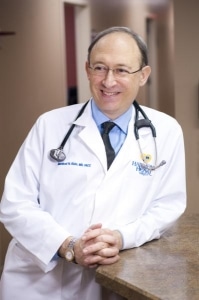
What, Exactly, Does a Cardiologist Do?
Texans with heart problems may be referred to a top cardiologist in Plano by their primary care physician. Cardiologists will review a patient’s health history, conduct physical exams and may perform various tests, including echocardiograms, EKGs, exercise tests and cardiac catheterizations, among others.
A Description of These Tests Follows:
Echocardiogram: Uses sound waves to look at the heart.
EKG: Detects abnormal heart rhythms and other changes that may suggest heart attack or lack of blood flow to the muscle.
Exercise test: Measures how the heart responds to physical activity.
Cardiac catheterization: Takes pictures of the heart. This procedure requires that a tube be inserted into the heart. It can also be used to repair or remove blockages from the heart.
What is the F.A.C.C. and How Does a Cardiologist Become a Member of It?
The F.A.C.C. stands for Fellow of the American College of Cardiology. This is a professional organization for cardiologists. Once a cardiologist becomes a member of this prestigious organization, he or she pledges to adhere to a set of guidelines established by the F.A.C.C., placing patient health and medical advancement as their highest goals. Dr. Mordecai Noah Klein is a Fellow of the American College of Cardiology and is currently practicing in Plano TX, a suburb of Dallas, Texas.
